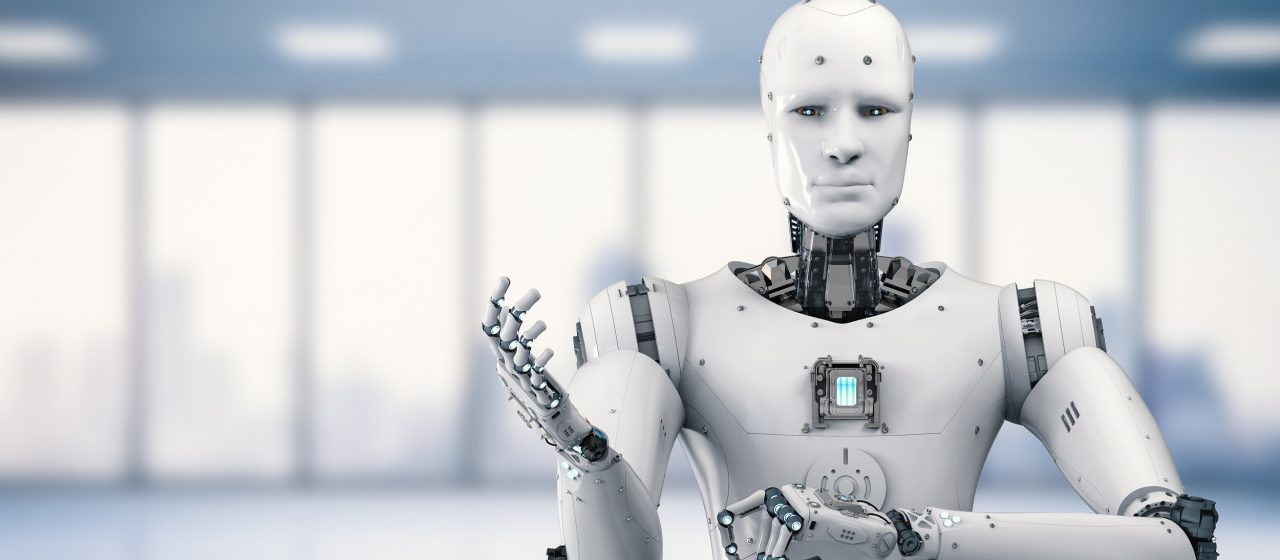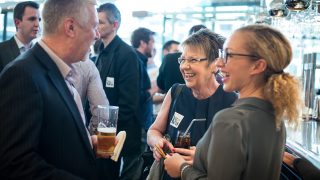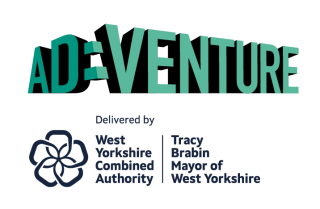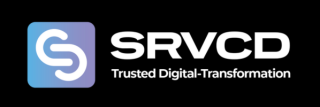
Digitalisation and the Future of Work
by Professor Mark Stuart, Leeds University Business School, Mar 29
Digital technologies have the potential to profoundly reshape the world of work. New technologies are making our ability to perform work more fluid and flexible. The workplace it seems is no longer associated with the office or factory floor. In this vision of the future, technology has a somewhat liberating effect, offering more autonomy for an increasingly knowledge rich and creative workforce.
Other visions suggest a rather darker future. The robots are coming and they are going to take our jobs. From the finance sector, to retail, to education, to health, automation has the potential to displace human labour with machines. Why would a company pay for an auditor, for example, to spend weeks poring over financial records, when an automated system could review huge quantities of data in a matter of minutes and to potentially higher levels of accuracy? In a widely cited study, Oxford University academics Frey and Osborne even put a figure on this likely technological scenario. Looking at nearly 800 occupations across the American labour market they argue that nearly half of all jobs (47%) are at high risk of technological substitution in the decades to come.
Such predictions have caused a ‘future of work’ panic amongst policymakers across the advanced economies. Yet this prognosis is controversial. First, history teaches us that advances in technology often create as many jobs as they displace. Second, occupations are made up of tasks and while some tasks can easily be performed by machines others cannot. Third, the impact that technology has at work depends on its implementation: technology can be used to make labour redundant or as a means to enrich jobs and improve work quality.
The impact of digitalisation on the future of work is not just about whether there will be jobs for human labour or not. Digitalisation is also changing the way in which we work: from where we work; to the content of work; to the routines of work; to the way in which we are managed at work. Technology is also changing the way in which employers are looking to organise their production systems and the ways in which employers and would-be workers are looking to connect and contract over jobs: this is increasingly taking place across digital platforms.
In terms of the nature of work, the use of computers, smart technologies and electronic communications, be it email, chat groups or social media applications, has had an obvious effect on the way in which we work. This has created some concern of an ‘always on’ work culture. In extreme cases, technology is used as a mechanism to exert more detailed surveillance of workers’ performance. Amazon, for example, tracks the movement of its warehouse workers through elaborate technologies of security and data capture, and has even patented a wristband that will track the direct movements of its workers and vibrate if they are not working in the most efficient way.
More widely, computer platforms are forecast to play an increasingly prominent role in the labour market. Many companies are now allocating work and redesigning jobs through the use of computer applications. This has created a new type of labour market based on ‘crowd work’ or ‘gig work’.
One example is Amazon Mechanical Turk (AMT), which acts as a kind of online recruitment agency. Companies list jobs via AMT and workers then apply for these jobs. The companies offering work typically come from the advanced economies, with the workers coming from around the world. However, the jobs offered via AMT, called Human Intelligence Tasks (HITs), are often very short (often seconds) for very low rates of pay (often cents).
Platform based work has generated some controversy in the UK. Brand names such as Uber and Deliveroo have been subject to legal test cases about their labour practices, notably around the employment status of Uber drivers and whether they are self-employed or workers. Such legal decisions highlight potential points of tension over digital futures of work. As recent research from the Centre for Employment Relations, Innovation and Change (CERIC) at the University of Leeds shows, the rise of platform forms of working raises big questions about the conditions of work and the types of protections that workers have (or increasingly don’t have) or may need in the future.
Such tensions are exemplified by the recent protests and strikes by Uber drivers in the UK over pay and conditions. While at governmental level there is increasing interest in how to regulate the digital future of work. At European Union level this includes discussions over new social protections for gig workers. While in France, a law introduced in 2016 gives workers the ‘right to disconnect’, to avoid sending and answering emails out of working hours.
The important point to note is that the digital future of work is not yet written. The choices made by employers in how they introduce and use new technology may bring them into conflict with workers, organised through new collective organisations, and governments looking to introduce new forms of regulation. The script is best written in joint collaboration between employers, the state and workers’ groups to establish a new social contract for the future of work.
Find out more at the Festival of Ideas 2019
The digital future of work is just one of the topics that will be discussed at Leeds University Business School’s “Festival of Ideas 2019”. The free event is taking place on Monday 8 April at the University of Leeds and is a great way for business professionals to find out more and engage with the Business School’s research.
The Festival comprises presentations followed by plenty of time for discussion, to encourage idea generation and collaboration between attendees and Business School speakers. The event will see senior business leaders, policy makers and academics address key challenges in business today.
In addition to digitalisation and the future of work, other sessions will focus on a number of relevant topics, including:
- Technology and digital disruption – supply chains, organisational innovation, and using tech to identify new musical talent
- Communication and behaviour – communicating weather and climate risk, marketing virtuous behaviours, road safety and driver behaviour, and organisational and personal resilience
- Finance at a global and local scale – UK corporate sector performance, internationalisation and changing financial practices, and the future of finance
- The human side of artificial intelligence – self-driving cars, inequality in a world of AI, and human-centric analytics.
To find out more and register for this free event, visit the Festival of Ideas webpage: business.leeds.ac.uk/festival-of-ideas.
Professor Mark Stuart is the Pro-Dean for Research and Innovation at Leeds University Business School. He is also Montague Burton Professor of Human Resource Management and Employment Relations, and Founding Director of the Centre for Employment Relations, Innovation and Change.
https://theyorkshiremafia.com/partners/partner/leeds-university-business-school/






